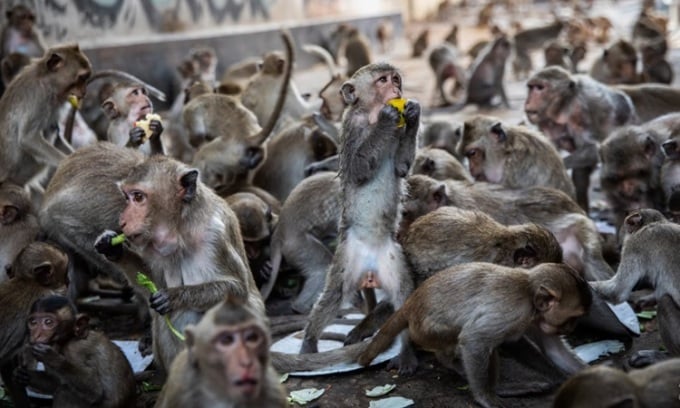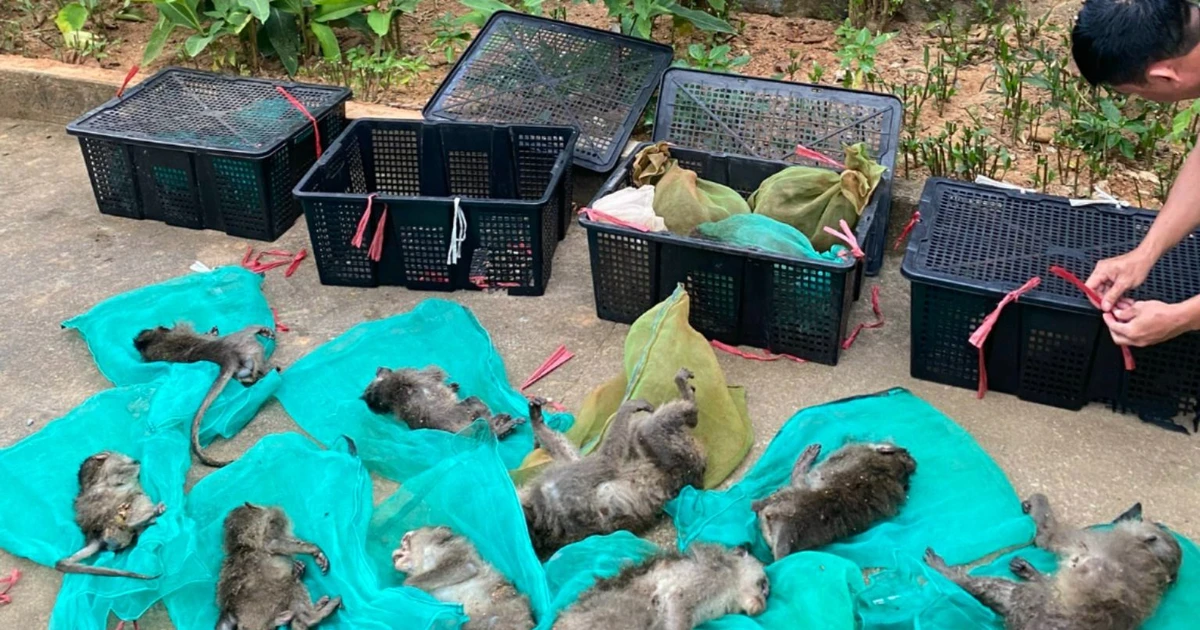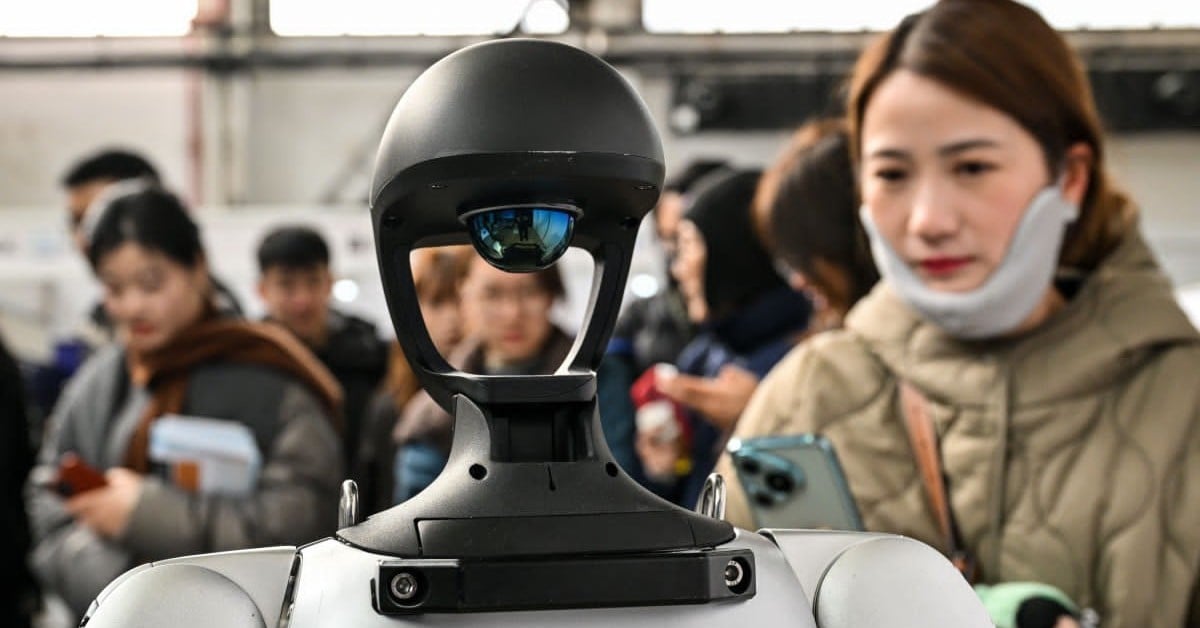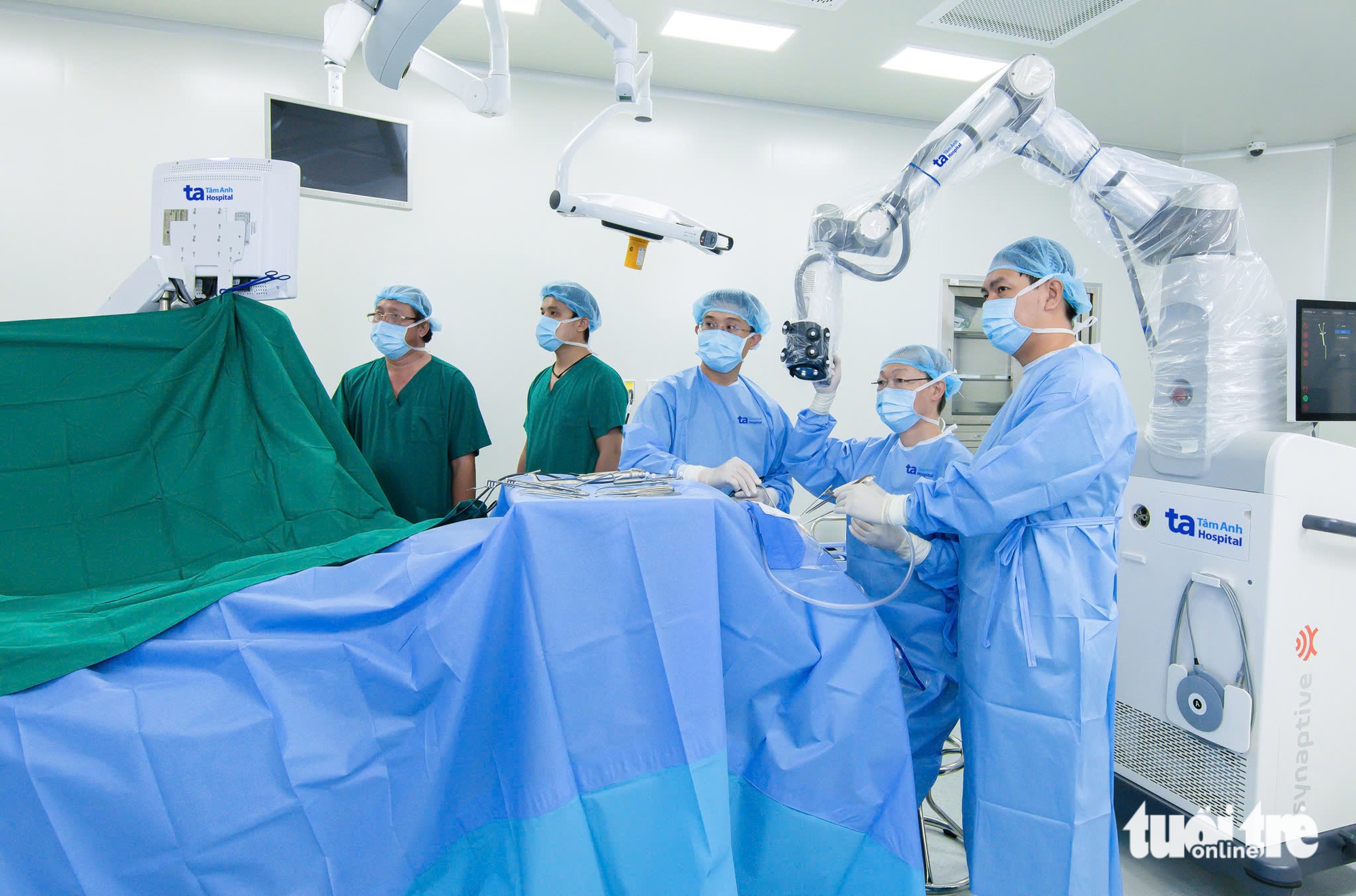Residents and animal rights activists in the state of Georgia are calling for a halt to plans to build a complex that will house 30,000 monkeys for use in experiments.

Georgians protest a macaque breeding facility. Photo: Lauren DeCicca
Plans to create the largest monkey breeding facility in the US, with 30,000 monkeys roaming inside warehouses, have drawn opposition from animal rights groups and local residents, the Guardian reported on February 17. The 80-hectare complex would house an unusually large number of monkeys, which would then be sent to universities and pharmaceutical companies for medical research. Over the next 20 years, the facility would create a super colony of tens of thousands of long-tailed macaques, native to Southeast Asia, in warehouse-like structures in Bainbridge, Georgia, which has a population of just 14,000.
Safer Human Medicine, the company behind the $396 million monkey megacity, says the monkeys will be kept in highly secure conditions, will not spread disease to the local area, and will eat fresh local food. The monkeys weigh 2.3 to 3.2 kg and have very long tails, as their name suggests.
But the plan is facing strong opposition. Some Bainbridge residents are calling on local authorities to ban the proposed primate city. "The long-tailed macaques are an invasive species and there are 30,000 of them. They're going to spread everywhere. I don't think anyone would want to live next to 30,000 macaques," said David Barber, who lives just 400 feet from the new facility.
Animal rights groups have also called for a halt to the plan, arguing that breeding primates for medical testing is cruel and offers little benefit to human treatments because of differences between species. The move also threatens the survival of monkeys in the wild, said Kathleen Conlee, vice president of animal research at the Humane Society.
The vast majority of medical animal testing uses mice; only about 1% involves primates. Experimenting on our closest living relatives has long been controversial. In 2015, the National Institutes of Health announced that it would no longer support biomedical research on chimpanzees. Many welfare groups have called for a broader ban, along with a shift to alternatives such as artificial intelligence technology.
About 70,000 monkeys are used across the US each year in trials to treat infectious diseases, aging and neurological conditions such as Parkinson's. Researchers warn that the US is running out of primates for testing. Safer Human Medicine says its mini monkey city will help alleviate that problem, while also creating 260 jobs.
An Khang (According to Guardian )
Source link







































Comment (0)